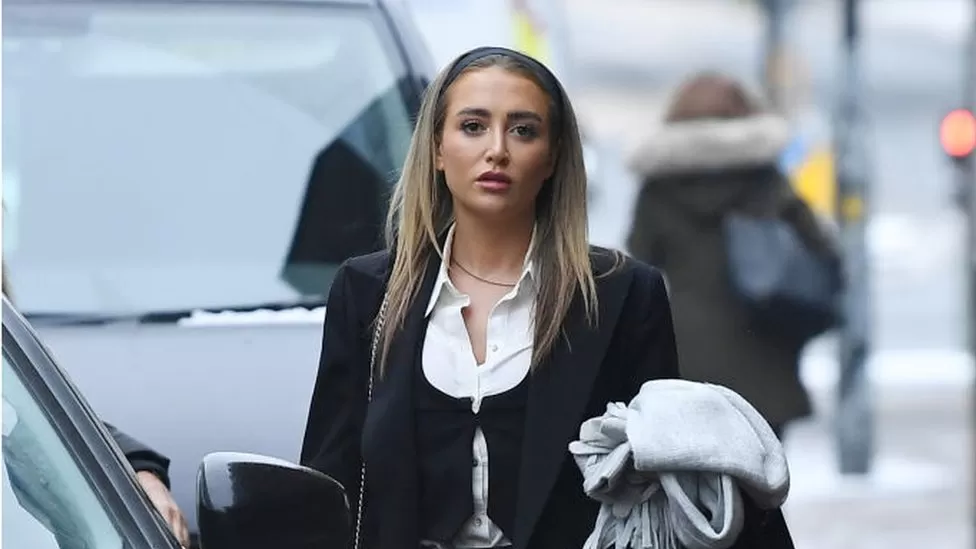Jail terms for sharing or creating explicit images without consent

It is possible for people in England and Wales to be jailed if they share or create explicit images without consent.
A six-month prison term will be introduced into the Online Safety Bill for sharing deepfake or revenge porn.
In the case of intent to cause distress, alarm, or humiliation, or for sexual gratification, the prison term would rise to two years.
The sex offenders register could also include those who share images for sexual gratification.
“Revenge porn” is sharing intimate images without consent. Creating a fake video or image of someone is known as “deepfake porn”.
Since 2015, revenge porn has been criminalized, but prosecutors have had to prove that an intent to humiliate or distress was involved.
Georgia Harrison, whose ex-partner Stephen Bear was jailed earlier this year for posting intimate footage of her on his OnlyFans account, was among those calling for a change in the law.
Harrison compares revenge porn experiences to grief
Thanks to the support she’s received, the Love Island star expressed gratitude.
She said, “Today’s reforms will go down in history as a turning point for generations to come, bringing peace to so many victims who have reached out to me while also giving justice to future victims.”

The government announced its intention to legislate last year, and the amendments will be part of the Online Safety Bill, which MPs will vote on this month before becoming law.
The Justice Department is cracking down on abusers who manipulate intimate photos in order to humiliate or hound women.
Police and prosecutors will have the power to bring these cowards to justice, protecting women and girls from such vile abuse.
There is an increase in the problem
In the first eight months of this year, a website that strips women virtually naked received 38 million hits.
Men and women between the ages of 18 and 34 report being threatened with intimate images.
It is estimated that between April 2015 and December 2021, more than 28,000 reports of people divulging private sexual images without consent were given to the police.
The criminalization of skirting has followed the election
Chiefs of law call for downblousg to be criminalized
A separate crime must be committed when unwanted nudes are sent
Prior amendments to the intimate image law have been built upon in this overhaul.
As a result of a detailed review by the Law Commission, reforms were recommended for measures protecting against abuse of intimate images.
Nicole Jacobs, Commissioner of Domestic Abuse, said the changes would hold perpetrators accountable for this insidious crime.
It is often part of a wider pattern of abuse that goes on offline that causes significant distress to victims and survivors.
The chief executive of the domestic abuse charity Refuge pointed to the “woefully low” conviction rates for intimate image abuse.
